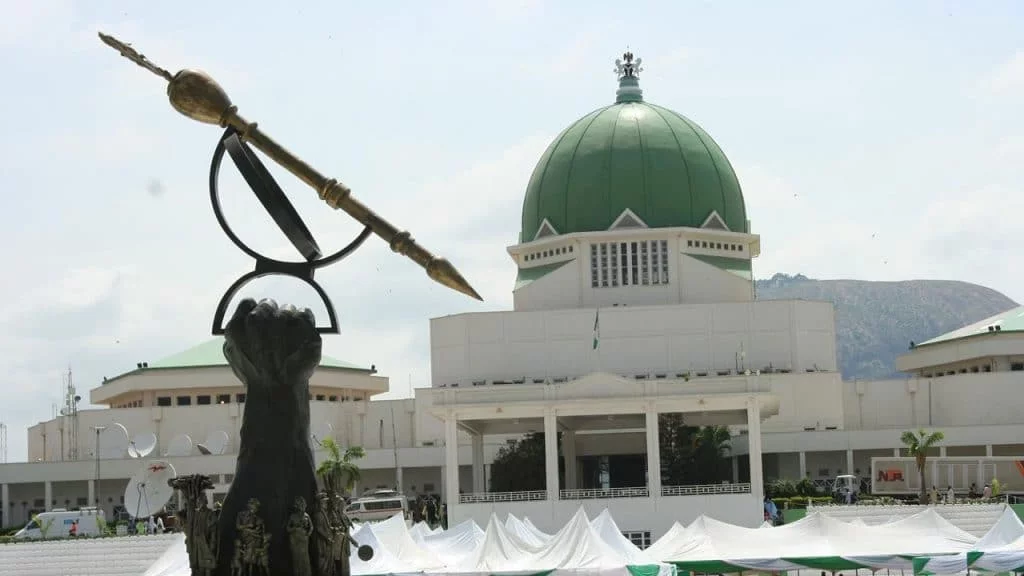Introduction
Achieving stability in government is a complex challenge faced by nations worldwide, and Africa is no exception. The continent has a rich history of diverse cultures, languages, and political systems, but it has also faced significant governance and stability issues. This article explores the unique challenges Africa encounters in achieving government stability and outlines strategies for addressing these challenges.
**1. Historical Context: Legacy of Colonialism**
One of the enduring challenges to stability in African governments is the legacy of colonialism. The arbitrary borders created by colonial powers often divided ethnic groups and regions, creating tensions that persist to this day. Moreover, the institutions and administrative systems imposed during the colonial era were often ill-suited to the needs and aspirations of the African people.
**2. Ethnic and Tribal Dynamics**
Africa is incredibly diverse, with thousands of ethnic groups and languages. While this diversity is a source of cultural richness, it can also be a challenge to governance. Ethnic and tribal divisions have at times fueled conflicts, hindered national unity, and undermined political stability.
**3. Corruption and Governance**
Corruption is a pervasive issue in many African governments. It erodes public trust, diverts resources away from critical services, and fosters an environment of impunity. Addressing corruption is essential for building stable governments that serve the interests of their citizens.
**4. Political Instability**
Africa has experienced its share of political instability, including coups, civil wars, and disputed elections. These events often have far-reaching consequences, leading to humanitarian crises and long-lasting political and economic instability.
**5. Economic Factors**
Economic instability and poverty can contribute to political instability. High levels of unemployment, income inequality, and inadequate access to basic services can lead to social unrest and undermine the legitimacy of governments.
**6. Education and Empowerment**
Ensuring that citizens are well-educated and informed is crucial for achieving stable governments. Education promotes civic engagement, critical thinking, and the ability to hold leaders accountable. Empowered citizens are more likely to participate in the democratic process and demand good governance.
**7. Strategies for Achieving Stability in African Governments**
Despite these challenges, there are several strategies that African nations can pursue to achieve stability in government:
**a. Strengthening Institutions**
African governments must invest in building strong and transparent institutions. This includes an independent judiciary, an impartial civil service, and effective law enforcement agencies. Strong institutions are essential for upholding the rule of law and ensuring that citizens have confidence in the government.
**b. Promoting Inclusivity**
Governments should strive to be inclusive, representing the diverse interests of their populations. This means addressing ethnic and tribal divisions through policies that promote social cohesion and national unity. Inclusivity also involves gender equality and the representation of marginalized groups in political processes.
**c. Fighting Corruption**
African nations should take decisive steps to combat corruption. This includes implementing anti-corruption measures, strengthening oversight bodies, and promoting a culture of transparency and accountability in both the public and private sectors.
**d. Conflict Resolution and Peacebuilding**
Efforts to resolve conflicts peacefully and prevent them from escalating into violence are crucial. Mediation, diplomacy, and peacebuilding initiatives can help mitigate political and ethnic tensions.
**e. Economic Development**
Investing in economic development and job creation is vital for stability. Governments can prioritize infrastructure development, support small and medium-sized enterprises, and promote economic diversification to reduce reliance on a single sector.
**f. Education and Civic Engagement**
Education should be a priority, with investments in both formal and informal education systems. Civic education programs can empower citizens to participate in political processes, vote knowledgeably, and hold leaders accountable.
**g. Strengthening Regional Cooperation**
African nations can benefit from increased regional cooperation and integration. Regional organizations like the African Union can play a pivotal role in conflict resolution, economic integration, and political stability.
**h. Encouraging Democratic Governance**
The promotion of democracy and respect for human rights are fundamental to government stability. African nations should uphold democratic principles, including free and fair elections, a free press, and an independent civil society.
**Conclusion: A Collective Effort for a Stable Future**
Achieving stability in African governments is a complex, multifaceted challenge that requires a collective effort. It involves addressing historical legacies, promoting good governance, and investing in the well-being and education of the continent’s people. While the road to stability may be fraught with challenges, Africa’s rich cultural diversity, resilient populations, and vast potential make it well-positioned to build a future characterized by stable, inclusive, and accountable governments. By embracing these strategies and working together, African nations can pave the way for a brighter, more stable future.










